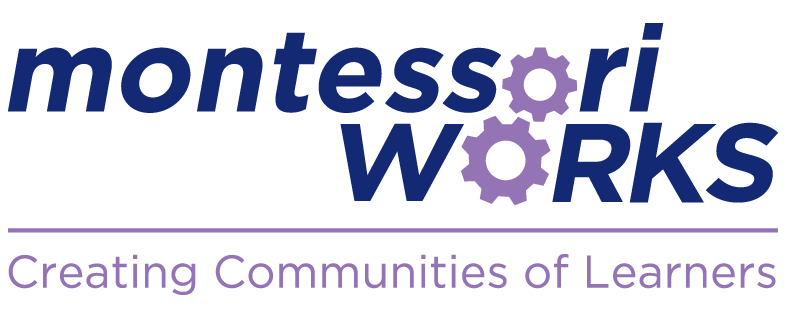The Montessori Philosophy
The Montessori Method, based on the scientific research of Dr. Maria Montessori in Rome at the turn of the 20th century, is rooted in the belief that children:
- Are innate learners, driven by curiosity.
- Thrive in physical and social settings prepared specifically for them.
Montessori Curriculum
The social and academic curricula are equally important in Montessori schools. Both are:
- Rigorous.
- Individualized.
- Highly structured.
- Aligned pre-K through grade 12.
The Montessori Classroom
Child-Focused
- In a Montessori classroom, the teacher focuses on the child, rather than the group of children focusing on the teacher at the front of the room. The teacher moves among the students as they complete their individualized work, independently or in small groups.
- Each child has the liberty to work for as long as it takes to master the material, skill, or concept. Regardless of age or grade level, children who are ready to move to the next skill set are encouraged to do so. Children who need more time on a specific skill continue until they have mastered it.
- Children work in uninterrupted blocks of time and have the freedom to move about the classroom.
Mixed-Age
- Children are typically grouped in classrooms of ages 2-6 years, 7-9, 10-12, and 13-18, with flexibility depending on the needs of individual students.
- Children are encouraged to assist one another. These more natural social settings provide room for the growth of leadership traits, social skills, and intellectual curiosity.
Sensory-Intensive
- Montessori classrooms are “prepared environments,” with specialized educational materials. Materials are limited to those that support the child’s development.
- Chairs, tables and other materials are constructed to be appropriate to the size and physical development of the child.
Outcomes
As a result of this focus on each child’s individuality and development, Montessori children are confident, intrinsically motivated, responsible, creative, cooperative, and respectful. They emerge more than ready for whatever is next in their lives: college, the workforce, or community service.
